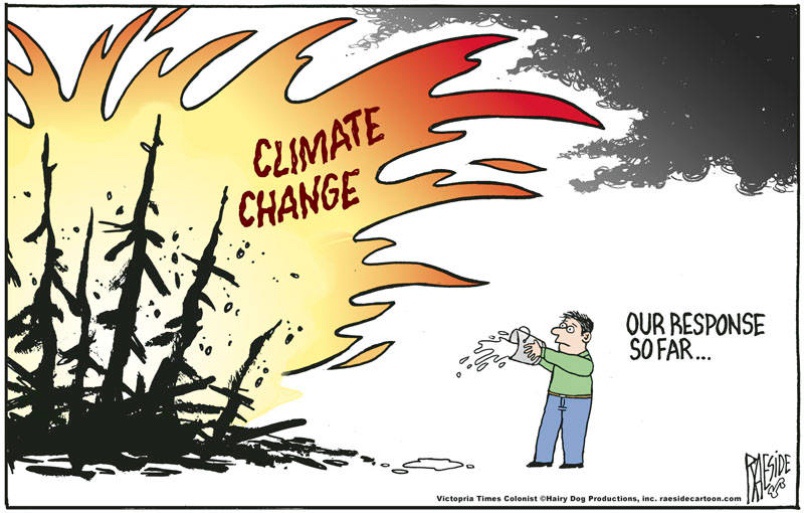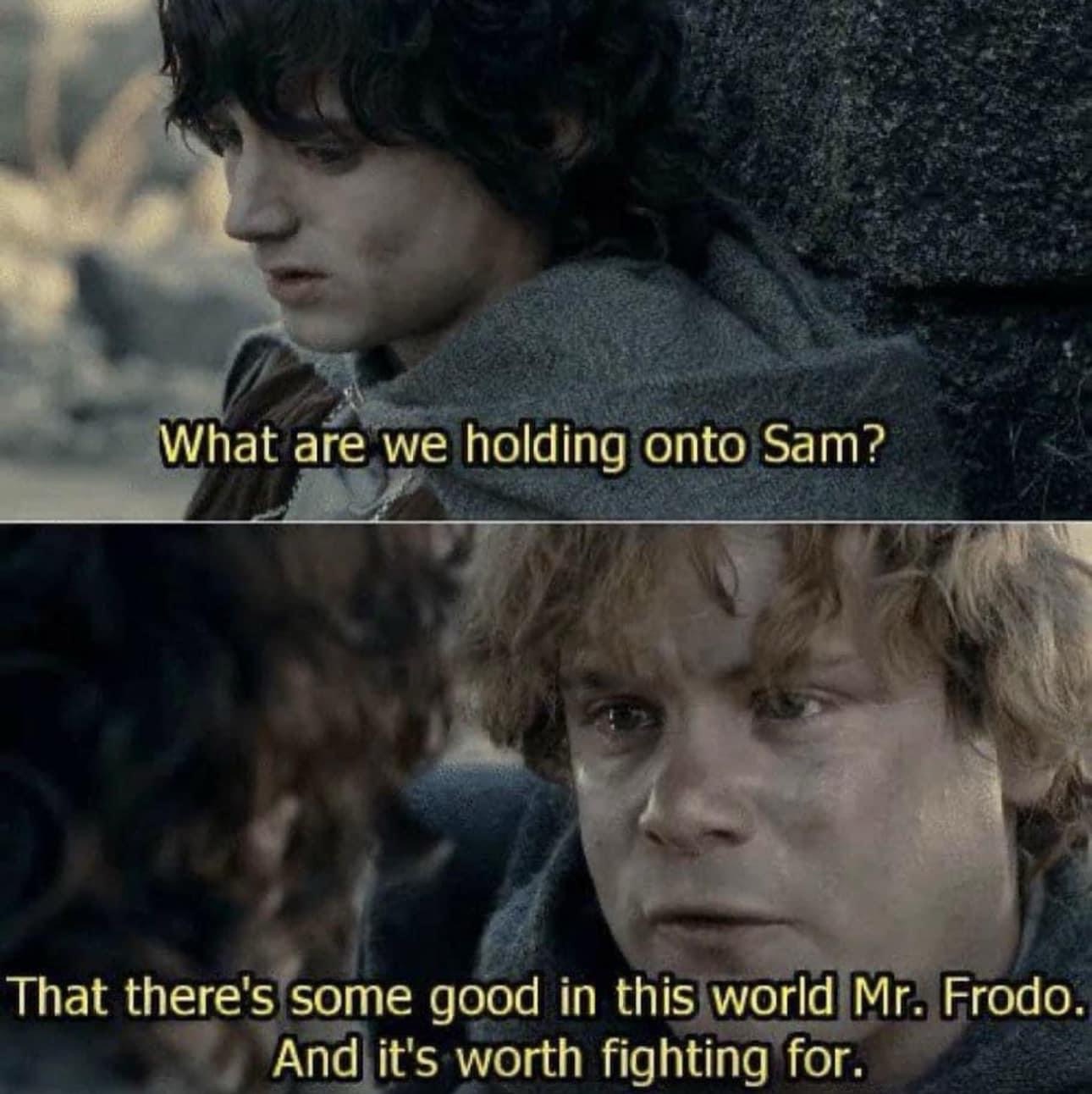The climate change alarm bells are ringing.
Deafening us every day, the world continues on it’s plodding, workaday life.
And what are we supposed to do?
It’s easy to fall into despair, I myself am fighting that response every day.
Really, what is there to be hopeful about? With companies able to buy their way out of social responsibility, with 100 corporations responsible for 70% of emissions, with less than 10% of plastics able to be recycled, how on earth is anyone supposed to feel optimistic?
I argue we should not feel optimistic.
We should feel resolute.
We need to look at this with our collective steely glare and double down, and know that fixing this problem will hurt.
It will hurt our wallets, it will hurt our everyday convenience, it will hurt our pride to admit that we were duped, we were lied to that we had time, that we could put it off like painting our garage or cleaning under the sink.
This is no sink, this is not garage to be painted.
This is a full scale emergency.
This is a three alarm fire and most of us are so exhausted from the sprint that is covid that the easier choice seems to be to lie down and let someone else take the reigns.
Sorry gang, there is no one else.
It is so easy when talking about climate change to distance ourselves and say “well but China” “well but Canada only produces 2% of global emissions” “well but…”
Respectfully, stop it.
The only way that we will ever get through this is with the humility to stop downplaying our effects through our purchases and lifestyles. At the end of the day, wealthy individuals produce a disproportionate amount of emissions. To acknowledge that the choices that were made over and over again by wealthy politicians were to meet the lazy, convenience driven needs of a consumer based society.
We are culturally a nation of takers. We need to evaluate, seriously and honestly our actual needs and then scale back.
And this isn’t about you, even though I keep saying “you” and “we” and “us”.
This is me looking in the mirror and saying “dude, speak up, stand up, and do something. The grownups are you, and you aren’t doing anything.”
This is a horrible summer. Heat domes have thrown us into heat wave after heat wave, causing insane fires. Nation after nation are reporting climate fuelled events that are wholly unprecedented. Germany floods while Turkey burns.
This. Is. Not. Normal.
And this is the best it possibly can be.
But we cannot stop fighting. We just can’t.
It’s the systems that support suburbs and car production instead of high density, shared transport, and walkable cities. It’s oil and gas companies shifting to plastic productions and pretending we will ever get a level of reclamation that we have never even got close to.
It’s the selling of the narrative that nothing can be done, that green technology is decades away while oil and gas companies get further subsidies.
We elect governments and we have the opportunity to unequivocally have our voices heard. Not because of some higher moral order, but because we have to.
Heads down, eyes on the prize and with a focus not on “we can change the world” but instead “we owe it to everyone to change our behaviour to try and save the world”.
Less pithy, won’t fit great on a T-shirt, but that’s all we have now. Imperfect solutions that we grind away at.
Because the world is on fire, the least we could do is not throw gas on the fire. No, the least we can do is raise our tired, weary heads and say “the world is on fire. My home is on fire. We need to do something”
If you have ever been in an emergency situation, there is a common situation that arises: people freeze. It’s happened to me, I’m not passing any moral judgement here.
We freeze until someone, because surely someone is better equipped, more knowledgeable, more recently trained, someone will come along and tell us what to do.
There is no easy answer here. There is no one to say “you in the blue shirt, call 9-1-1”. But the response needs to be this: do. Something.
Move it higher on your research when vetting candidates for this ever nearing federal election, and then hold them to it.
Read what land developers post about their sustainability and walk ability plans when proposing new developments and then read and understand counter articles which identify gaps in sustainability.
Use your voice as often as you can, because doing so emboldens others.
Do whatever you can afford to do to lessen your impact.
Much like savings, the best time to start would have been 20 years ago. The next best time is now.



